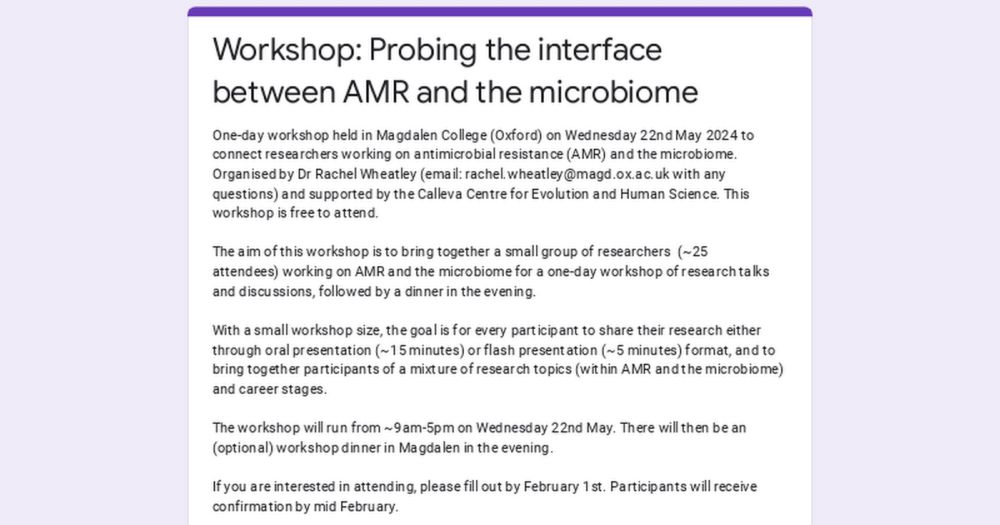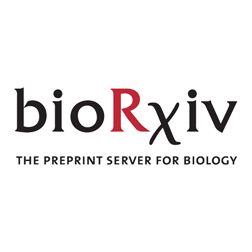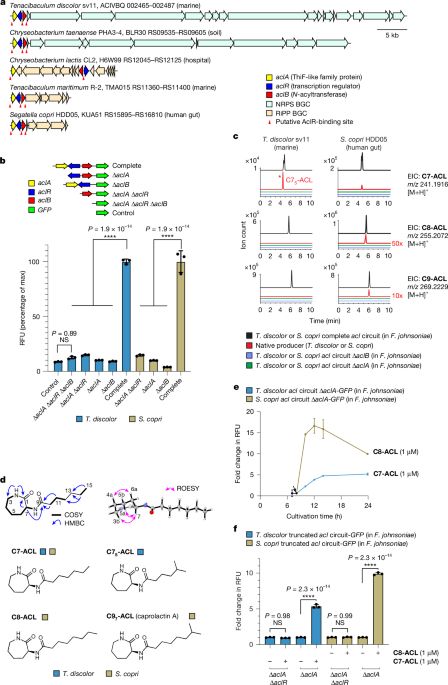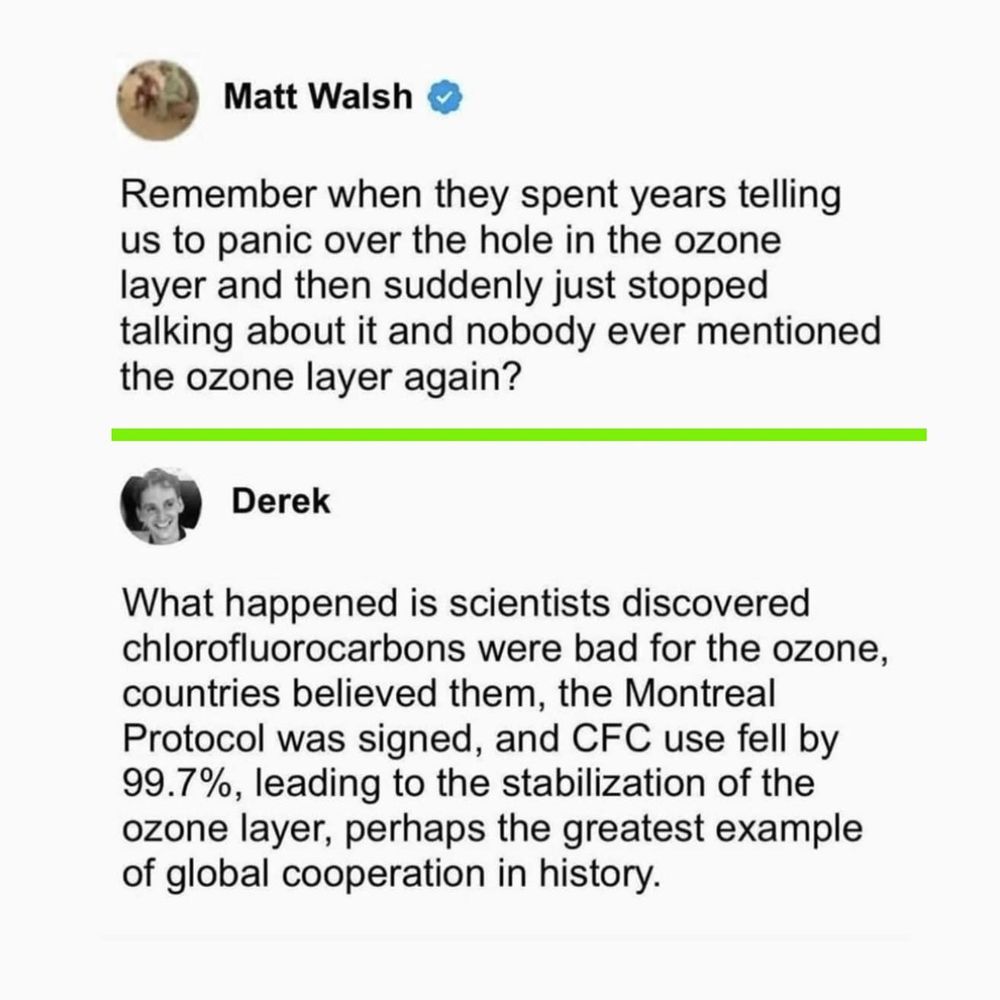Reposted by: William G. Wade
Reposted by: William G. Wade, Mart Krupovìč
rdcu.be/erkkU
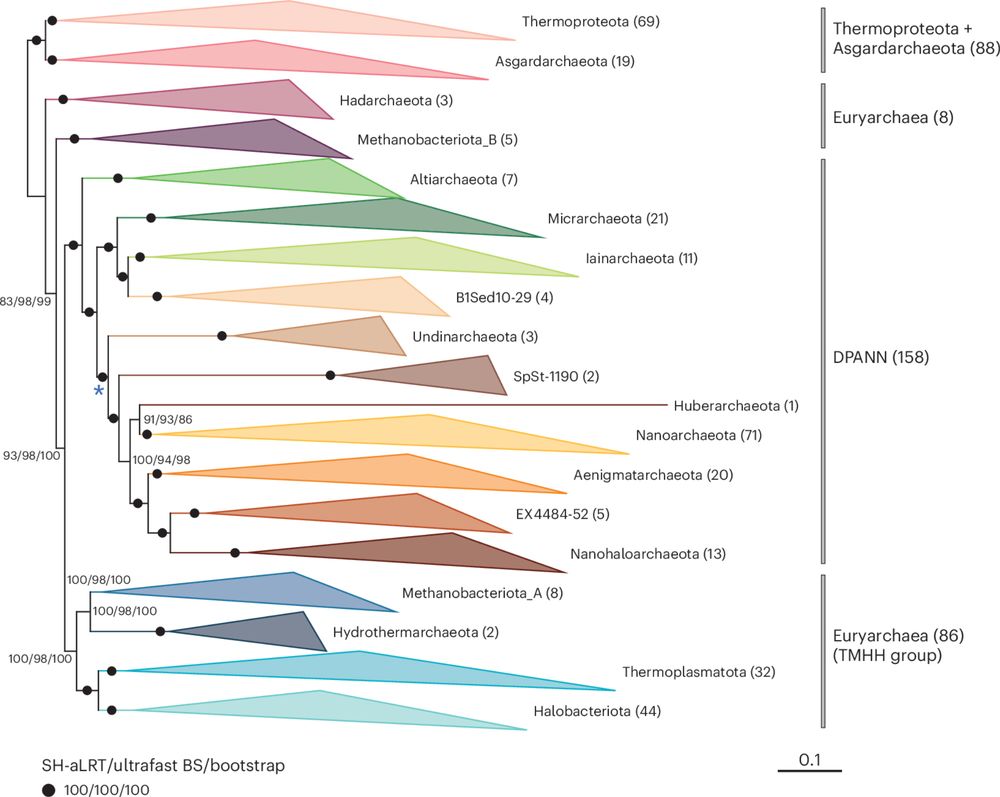
Reposted by: William G. Wade, Marc Strous, Andrew L. Jackson
www.science.org/doi/10.1126/...
#MicroSKy #Microbiology
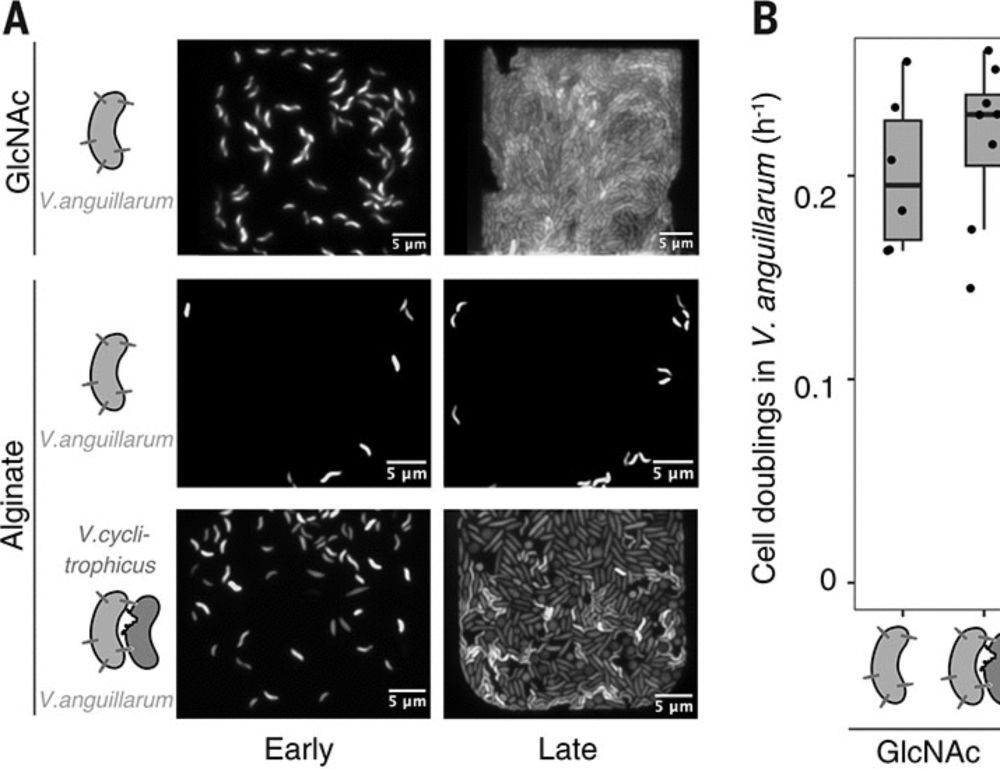
Reposted by: William G. Wade, Mya Breitbart
Today, we jointly shed light on the mysterious world of archaeal extracellular vesicles from human gut archaea - published in @natcomms.nature.com in parallel with our precious colleagues around @mkrupovic.bsky.social 🇦🇹🤝🇫🇷.
Reposted by: William G. Wade

Reposted by: William G. Wade, John De Vos, Jacalyn Duffin , and 1 more William G. Wade, John De Vos, Jacalyn Duffin, Derrick L. Cogburn
Reposted by: William G. Wade, Alan W. Walker
Read it here: www.nature.com/articles/s41...
#microsky #microbiomesky 🧪
Reposted by: William G. Wade
May protect against infections and preterm birth.
www.nature.com/articles/s41...
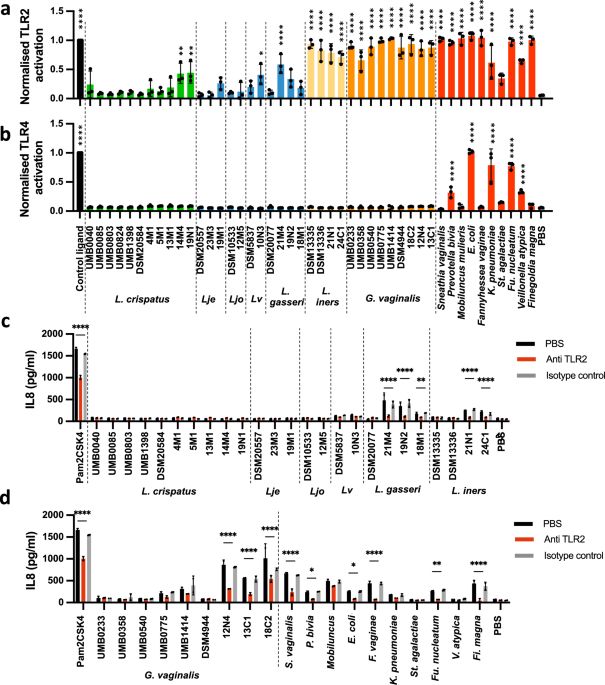
Reposted by: William G. Wade
by Michael Wagner — Reposted by: William G. Wade
🌟 Exciting news! Our latest collaborative research with team @aarhusuni.bsky.social introduces pH-FISH, a novel technique combining pH ratiometry and FISH to simultaneously unravel microbial identity and local biofilm pH. 🔬 🧪 #MicroSky
link.springer.com/article/10.1...
#Microbiome #Biofilms
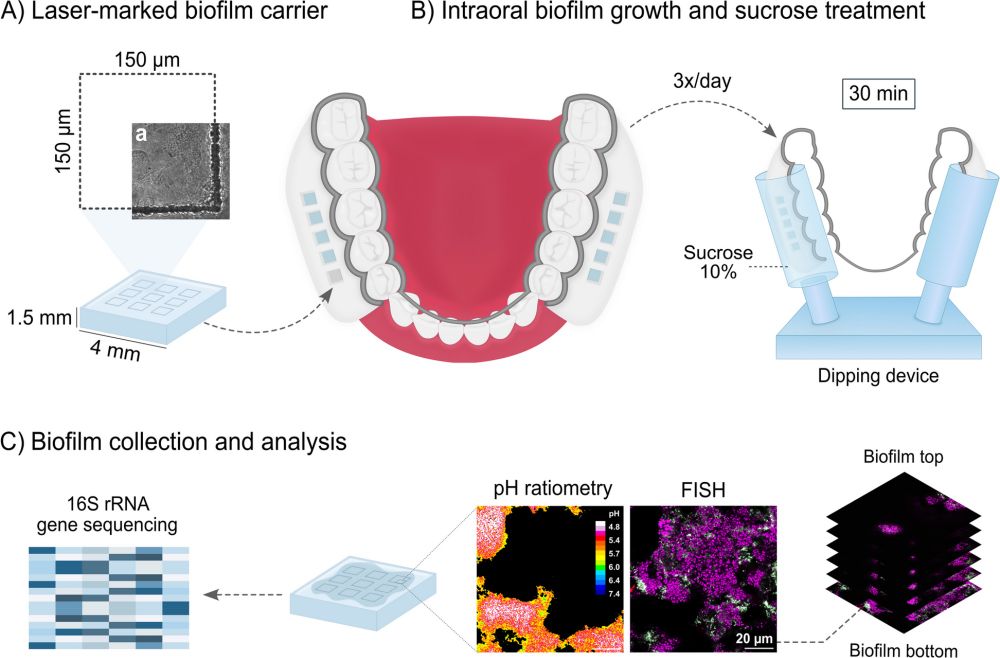
by Jonathan A. Eisen — Reposted by: William G. Wade
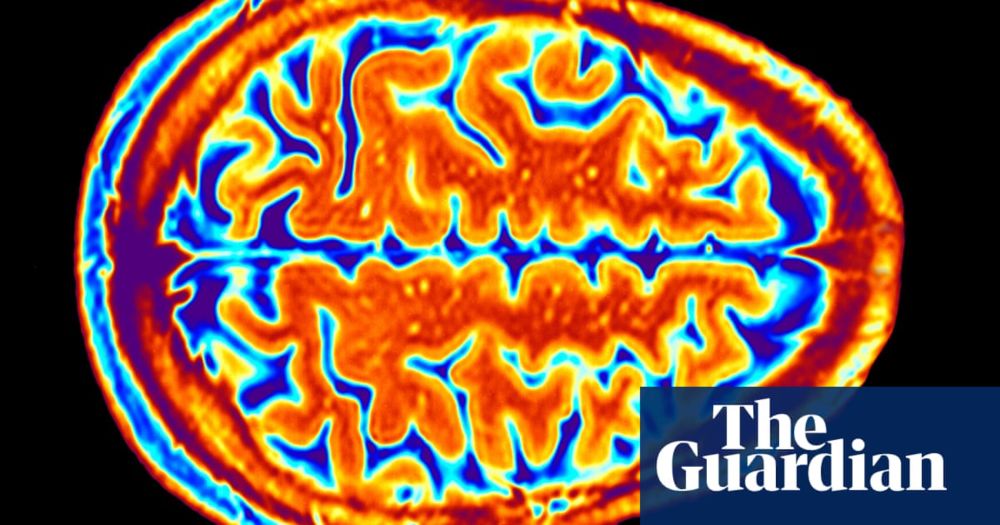
julkaisufoorumi.fi/en/news/chan...

Reposted by: William G. Wade
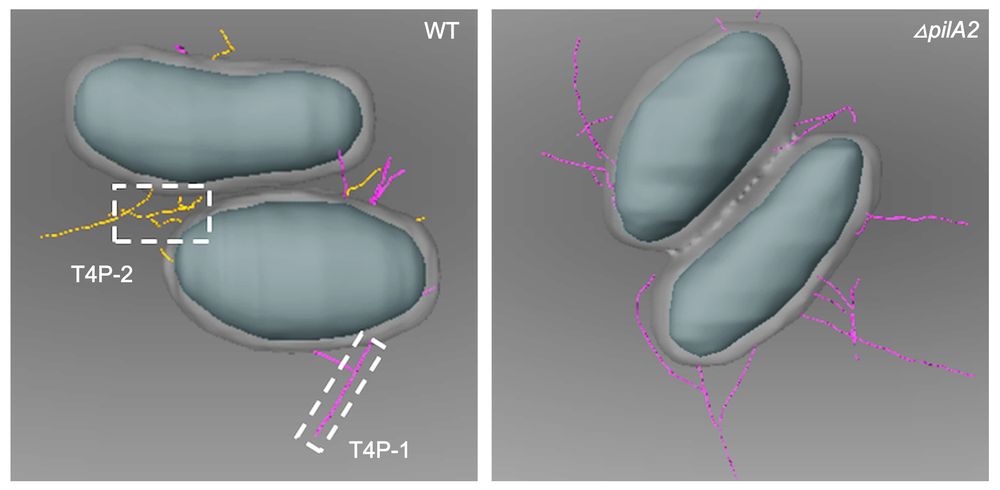
Reposted by: William G. Wade, Victor A. Albert

Reposted by: William G. Wade
www.nature.com/articles/s41...
🔓 rdcu.be/d0hBg
#GastroSky #Microsky

Reposted by: William G. Wade
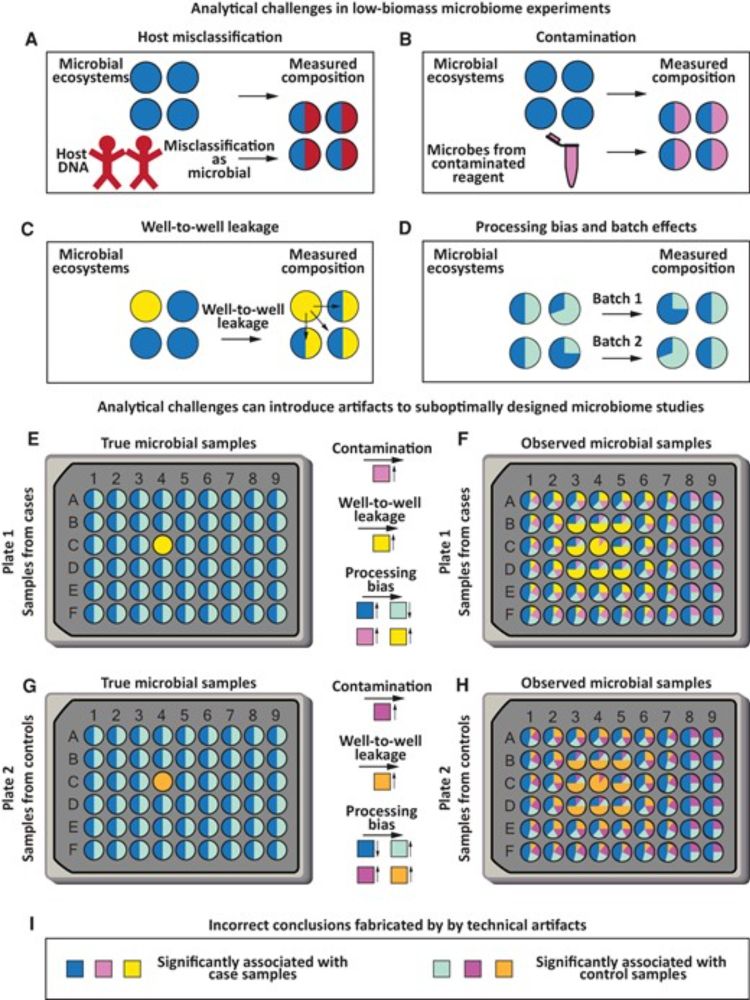
Reposted by: William G. Wade
www.nature.com/articles/s41...

Reposted by: William G. Wade
www.nature.com/articles/s41...

Reposted by: William G. Wade
"...many papers in the literature report microbial associations that go against basic understanding of microbial ecology, some of which can be likened to reporting blue whales in the Himalayas or African elephants in Antarctica."
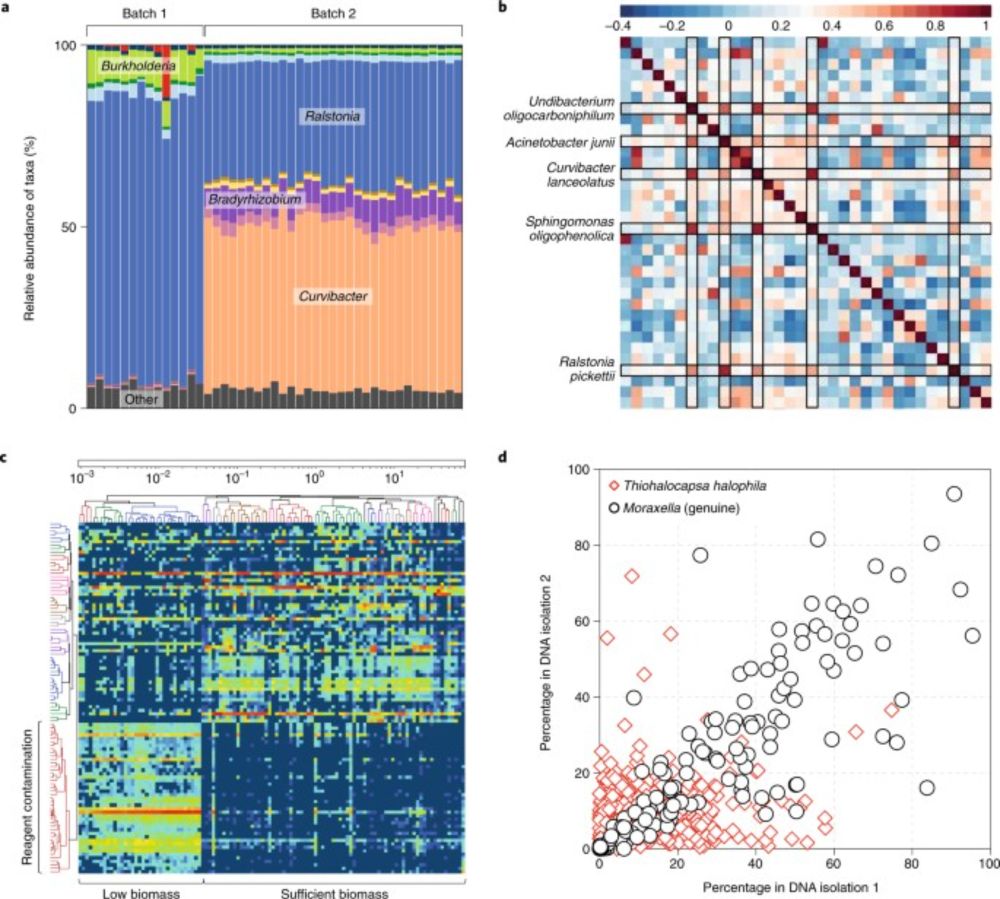
Reposted by: William G. Wade
Colleagues at the School of Dentistry of the University of Birmingham are advertising for an Assistant/Associate Prof post in oral microbiology:
www.jobs.ac.uk/job/DFL084/a...
www.jobs.ac.uk/job/DFL092/a...

Reposted by: William G. Wade
Are you interested?
forms.gle/26hx1UhvBBfh...
#MicroSky
